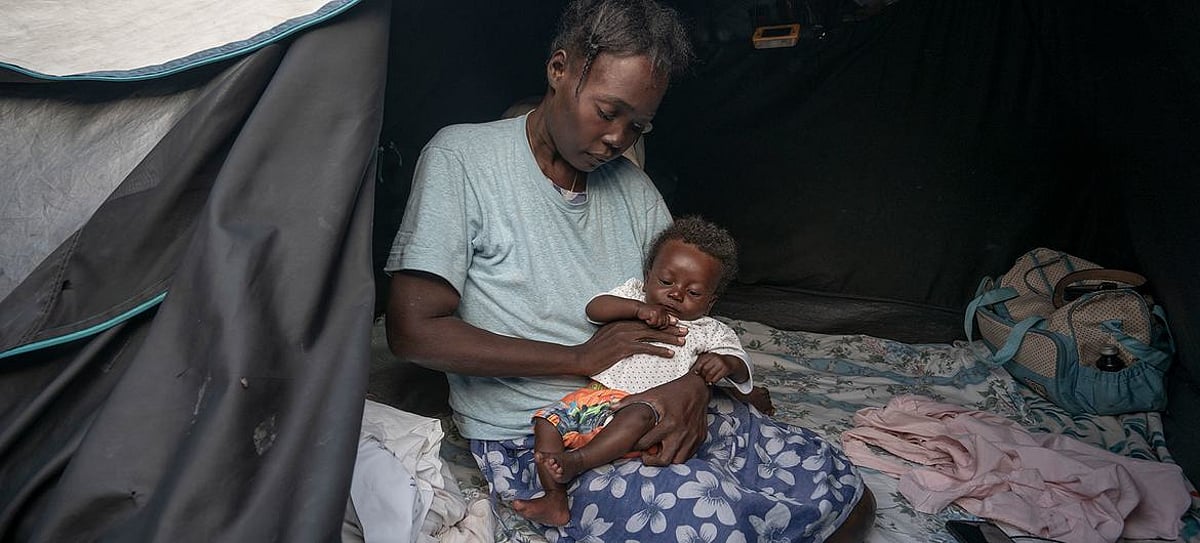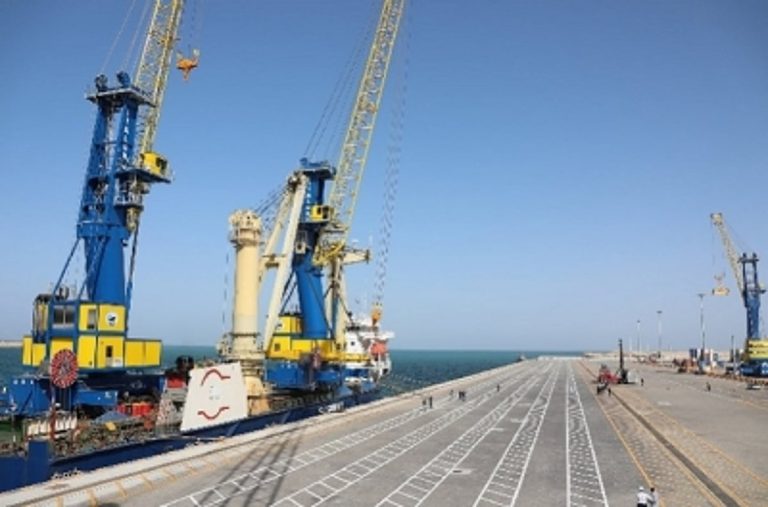Malnutrition Crisis in Haiti: Nearly 6 Million at Risk
Haiti is facing a severe malnutrition crisis, with nearly 5.7 million people currently affected. A recent report from a UN-backed food security initiative warns that this number could rise to 6 million in the coming months, highlighting the urgent need for international attention and assistance.
Current Situation
The Integrated Food Security Phase Classification (IPC) report indicates that more than half of Haiti’s population is experiencing high levels of acute food insecurity. This situation is characterized by significant gaps in food consumption and the depletion of essential livelihood assets, such as livestock, to secure food. Among those affected, approximately 1.9 million individuals are classified as facing “emergency” acute food insecurity, which is marked by alarming rates of malnutrition.
Humanitarian Response
While the figures reflect a dire situation, there is a slight improvement noted since April. The number of Haitians categorized at IPC Phase 5, which indicates a catastrophic level of food insecurity akin to famine, has decreased from 8,400 due to increased humanitarian aid directed towards displaced persons. However, the report warns of a potential deterioration in conditions, projecting that 5.91 million people may soon face acute food insecurity.
Underlying Causes
The crisis is exacerbated by rampant violence from criminal gangs that have destabilized the country, leading to widespread fear and insecurity. Since the beginning of 2024, the situation has worsened significantly, particularly after the resignation of Prime Minister Ariel Henry, which has left Haiti without a stable government. The country has not held elections since 2016 and is currently governed by a transitional presidential council, further complicating efforts to address the ongoing humanitarian crisis.
FAQs
What is causing the malnutrition crisis in Haiti?
The malnutrition crisis in Haiti is primarily driven by violent gang activity, political instability, and economic challenges that have led to significant food insecurity.
How many people are currently affected by malnutrition in Haiti?
As of the latest report, nearly 5.7 million people in Haiti are suffering from malnutrition, with projections suggesting this number could rise to 6 million soon.
What measures are being taken to address the situation?
Humanitarian aid efforts are being increased, particularly for displaced persons, to combat the rising levels of food insecurity and malnutrition in Haiti.
Conclusion
The malnutrition crisis in Haiti is a pressing issue that requires immediate global attention and action. With millions at risk, it is crucial for international organizations and governments to provide support and resources to alleviate the suffering and stabilize the situation in the country. Continued monitoring and humanitarian efforts will be essential in the coming months to prevent further deterioration.
The ongoing malnutrition crisis in Haiti is not only a humanitarian emergency but also a reflection of deeper systemic issues within the country. The combination of political instability, economic hardship, and social unrest has created an environment where food security is severely compromised. The lack of a functioning government has hindered effective policy-making and resource allocation, leaving many vulnerable populations without the necessary support to meet their basic needs.
International organizations, including the World Food Programme and various non-governmental organizations, are working to provide immediate relief through food distributions and nutritional support programs. However, the scale of the crisis poses significant challenges, as logistical issues and security concerns often impede the delivery of aid. The situation is further complicated by the ongoing violence, which disrupts supply chains and prevents humanitarian workers from reaching those in need.
In addition to immediate relief efforts, long-term solutions are essential to address the root causes of food insecurity in Haiti. This includes fostering political stability, rebuilding infrastructure, and promoting agricultural development to enhance local food production. Engaging the international community in a coordinated response that prioritizes both immediate assistance and sustainable development will be crucial in reversing the current trends of malnutrition and food insecurity in the country. As the situation evolves, continued advocacy and support from global partners will be vital to ensure that the needs of the Haitian population are met effectively.
Also Read:
Local Egg Producers Boost UAE Food Security Efforts
UAE Warns of Severe Penalties for Social Media Fraud
Understanding the Challenges of Being Benched in Relationshi







